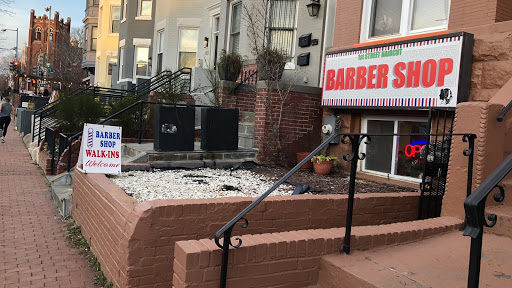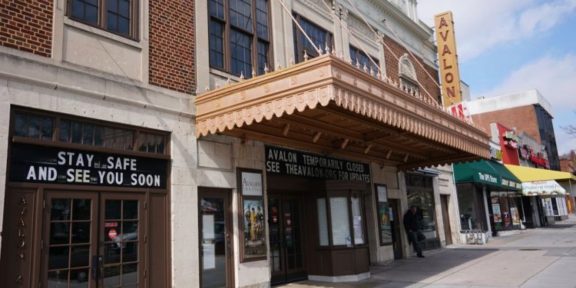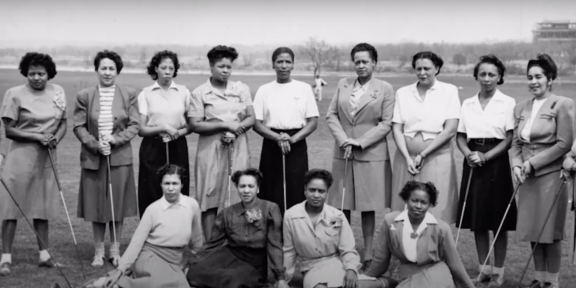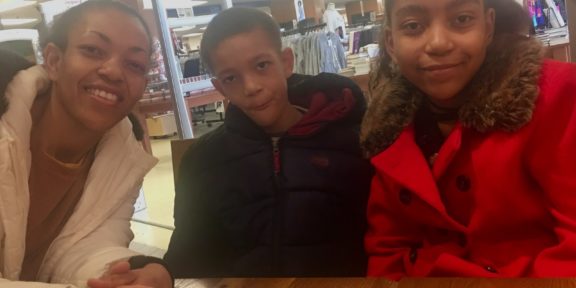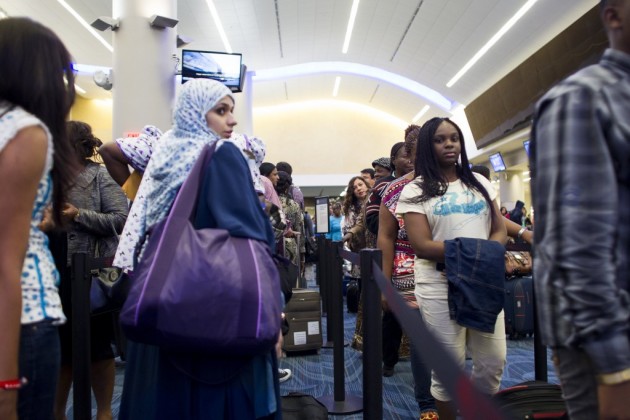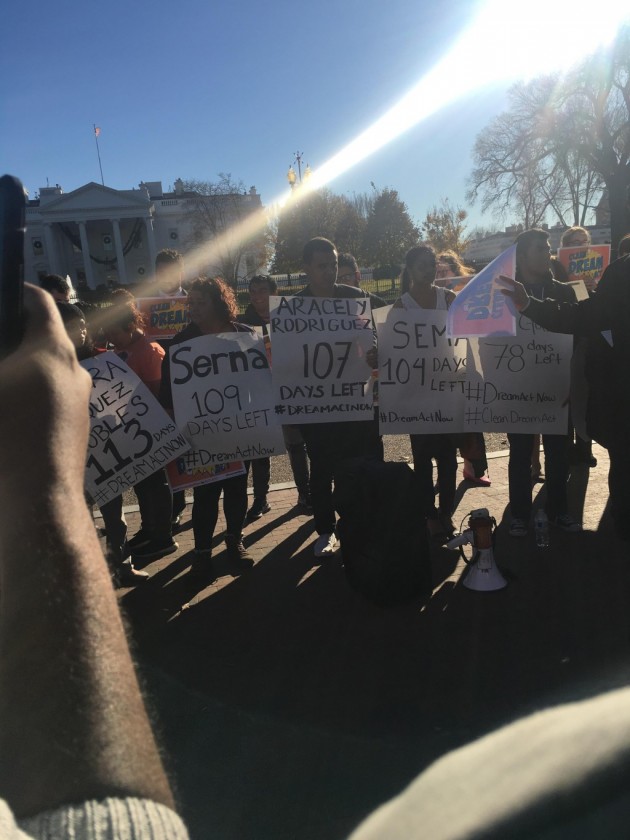For the fiscal year 2019, the refugee resettlement cap has been decreased to an all-time low with a ceiling of 30,000, according to The Human Rights First Organization. It dropped from 45,000 in 2018. Many non-profit refugee organizations were quick to denounce the cut, such as Church World Service and Refugee Council USA. The Trump Administration claimed the cut was to improve the vetting of refugees and reducing asylum backlog, according to the Center for Immigration Studies.
“A lot of refugee resettlement agencies across the country have had to cut back staff and let people go. What is really unfortunate about that is a lot of those centers are not only resettling refugees, but they’re responding to the refugees that are already here in our country for help and support,” said Joshua Utter of the Jesuit Refugee Service of the USA.
Dr. Mirielle Twayigira is a Jesuit Refugee Service Education Advocate and a refugee from Rwanda. She left when her father was killed during the 1994 genocide. Her family traveled on foot from country to country throughout Africa for six years. She finally arrived at a refugee camp in Rwanda and immersed herself in education studies.
Twayigira said, “At first I didn’t want to tell my story because I didn’t want people to pity me. I didn’t realize it’s a story that can give hope and inspire others.”
Since the refugee admissions have slowed, there have now been cuts to refugee-serving organizations. The system is now becoming dismantled and the future of these programs is uncertain. In the first quarter of 2018, only 6,707 refugees were resettled compared to the 25,671 in 2017 and the 13,791 in 2016.
The non-profit offices are still struggling today and are trying help rollback on this governmental issue. Midway through fiscal year 2019, as of April, the Trump administration has only admitted 12,151 refugees. This number is less than 40% of the 30,000 low set for the fiscal year as a whole.
In a mid-year refugee arrivals report, reported by Refugee Council USA, it was stated that, “Failure to meet even these record low targets translates into more suffering for refugees, the separation of families, and the shrinking of the refugee resettlement network.”
A refugee that requested that her name not be used said, “It took me a minute to become fully adjusted to the United States. And everyday I still learn more and more English.” She came from Syria in 2016. She continued, “When I came over here, the process was okay, but it could have been worse… My family was broken up and some are still left back in Syria.”
With this large number cut, many refugees are not being granted access to the United States, therefore being driven back to locations with global issues such as, wars and persecution. To help rollback on this issue, organizations such as Church World Service are urging citizens to take action by emailing their State Congressmen and Congresswomen. They are also pushing citizens to write letters to the government expressing their deep concern.
The US Committee for Refugees and Immigrants focuses on “advancing the rights and lives of those who have lost or left their homes,” Stacy Blake, the Director of Government and Community Relations, said. “It’s not really about us. It’s about people and their families and their lives. What we are seeing is increasing separation…Families are separated arbitrarily because refugees are not arriving.”
Blake continued, “What we know within the world is that the need for refugee protection has never been greater.”
Under the Obama Administration, the ceiling for refugee resettlement was 110,000. With the sharp decrease under President Trump, more than 20 out of the 324 resettlement offices are being forced to close and 40 of those agencies are paring operations, reported by Reuters.
In June of 2018 at a meeting of the National Space Council, Trump said, “The United States will not be a migrant camp, and it will not be a refugee holding facility —won’t be.” He even condemned Germany’s open-door policy claiming that the culture is “violently being changed.”
Autumn Kendrick is the Director of Communications and Marketing of Lutheran Social Services of the National Capital Area (LSSNCA). LSSNCA is an organization that focuses on refugee resettlement through advocacy, employment services, and mentoring.
Kendrick said, “Advocacy is really needed. Refugee and Immigration services are so important right now because the rate of refugees are dropping at such a high rate and pace that it is dismantling the infrastructure of the refugee program and so many resettlement organizations are closing.”
Twayigira now travels around the world advocating for education and refugee services through the Jesuit Refugee Service of USA. She uses her skills in knowledge to make the most difference, for her that is in her home continent of Africa and the United States. She wants “refugees to be involved in the solution.”

